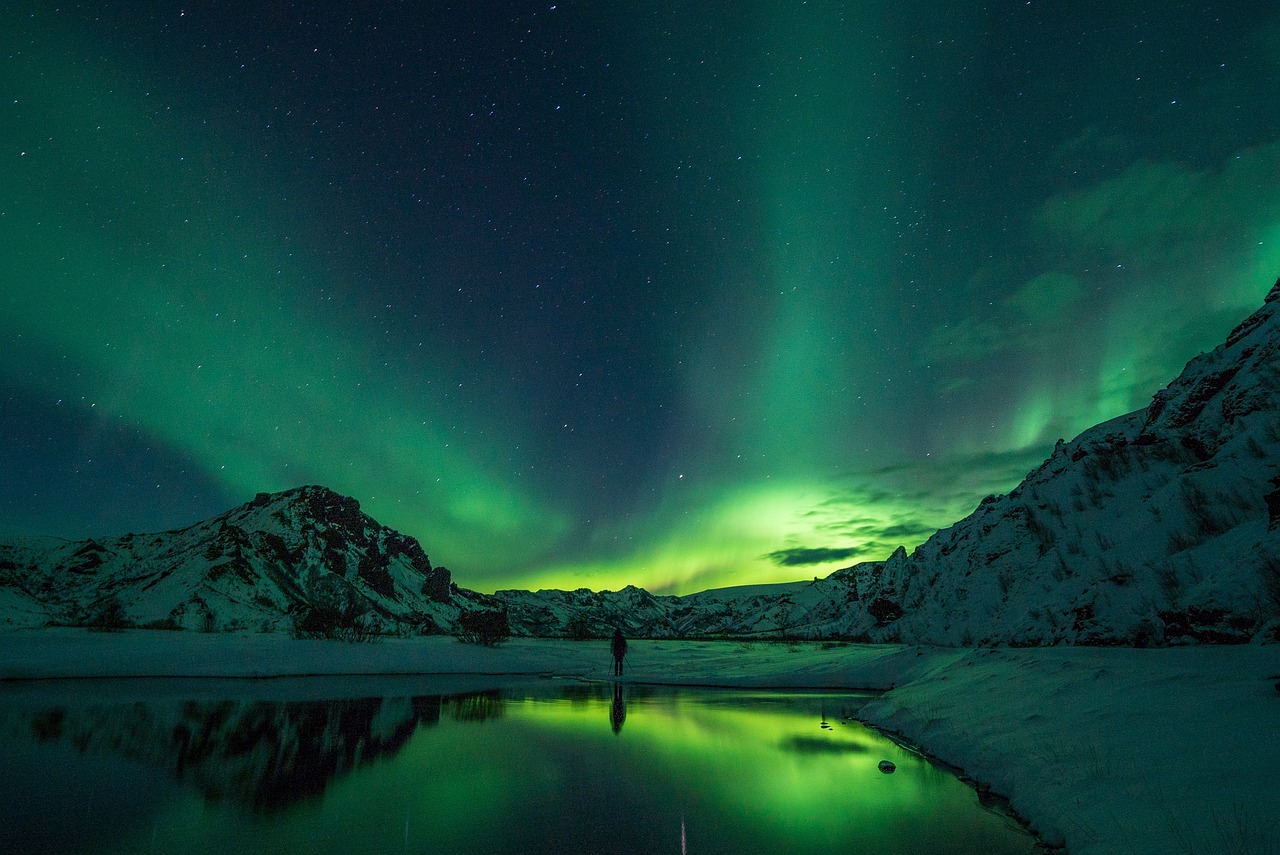Travel and Traditions: Exploring Local Celebrations
Local festivals and events are vibrant expressions of a community’s heritage and traditions. These cultural celebrations bring people together to embrace their history and showcase the unique aspects of their heritage. From lively parades to traditional dances and mouth-watering cuisine, local festivals provide an opportunity for residents to feel connected to their roots and share their culture with others.
Attending these events allows individuals a chance to immerse themselves in the rich tapestry of their community’s customs and values. Whether it’s a music festival celebrating local artists or a food festival showcasing regional delicacies, these gatherings offer a glimpse into the soul of a town or city. By participating in these festivities, attendees not only support local businesses and artisans but also develop a deeper appreciation for the diversity that makes each community special.
Understanding the Importance of Cultural Celebrations
Cultural celebrations play a significant role in preserving traditions and fostering a sense of community among people. These events provide an opportunity for individuals to come together and appreciate the rich heritage and diversity of their culture. It allows for the passing down of customs and values from one generation to the next, ensuring that ancestral practices are not forgotten.
Furthermore, cultural celebrations serve as a platform for promoting unity and understanding among different groups of people. By participating in these events, individuals can gain a deeper insight into the beliefs and practices of others, fostering respect and appreciation for various cultures. This exchange of ideas and traditions helps to bridge gaps between different communities and promotes a sense of inclusivity and harmony.
What are some examples of local festivals and events that celebrate culture?
Some examples of local festivals and events that celebrate culture include Diwali, Chinese New Year, Hanami (Cherry Blossom Festival), Oktoberfest, and Carnival.
Why are cultural celebrations important?
Cultural celebrations are important because they help to preserve traditions, promote diversity, foster a sense of community, and provide an opportunity for people to learn about different cultures.
How do cultural celebrations impact society?
Cultural celebrations impact society by promoting inclusivity, tolerance, and understanding among different cultural groups. They also help to strengthen social bonds and create a sense of belonging.
What can individuals do to participate in cultural celebrations?
Individuals can participate in cultural celebrations by attending events, trying traditional foods, wearing cultural attire, learning about the history and significance of the celebration, and supporting local artisans and performers.
How can cultural celebrations benefit the economy?
Cultural celebrations can benefit the economy by attracting tourists, generating revenue for local businesses, promoting cultural heritage tourism, and creating job opportunities in the hospitality and tourism industries.





